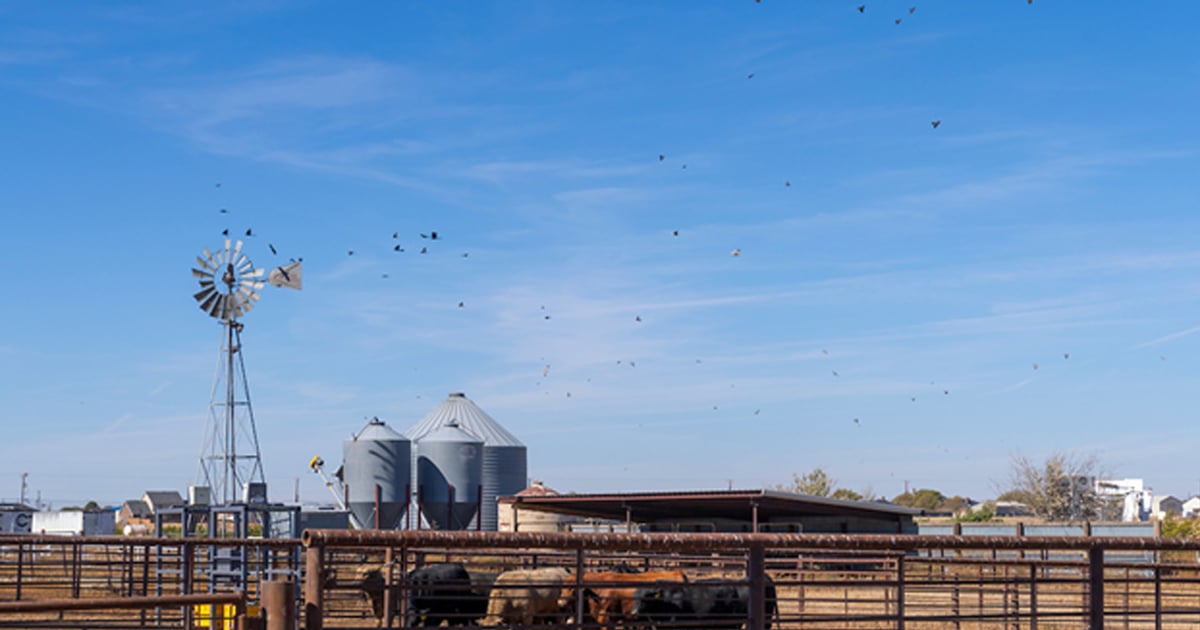Michigan Supreme Court hears state livestock permit case
Posted on January 18, 2024 by Krissa Welshans
Source: Farm Progress. The original article is posted here.

The Michigan Supreme Court has heard from numerous state agriculture groups as well as attorneys representing over 100 farmers as they made their case for why the Michigan Department of Environment, Great Lakes, & Energy (EGLE) overstepped its authority in adding what they called new “burdensome” regulations to permitted livestock operations, or concentrated animal feeding operations (CAFOs).
The legal challenge, which stems from a new permit issued by EGLE in 2020, was initially introduced in lower courts in June 2020 by the Michigan Farm Bureau (MFB), Michigan Milk Producers Association, Michigan Pork Producers Association, Select Milk, Dairy Farmers of America, Foremost Farms, Greenstone Farm Credit Services, and Michigan Allied Poultry Association.
MFB and fellow plaintiffs argued that instead of following the Administrative Procedures Act (APA) for new rules, which requires a legislative process, EGLE wrote the new rules into the 2020 permit without having the power to do so.
“Michigan farmers are simply asking our Supreme Court to hold state regulators accountable under well-established procedural law when imposing new, industry-altering rules like EGLE did here,” said Zach Larsen, attorney at Clark Hill law firm.
Larsen explained that the APA's procedural safeguards (such as cost-benefit analyses and legislative oversight) provide a level of due process and transparency that is necessary to protect “regular citizens from the whims of unelected bureaucrats.”
“What the court does in this case will significantly impact not only Michigan agriculture but also the broader Michigan business community,” he stated.
During the hearing, attorneys representing EGLE and Michigan State Assistant Attorney General Elizabeth Morrisseau presented a defense, asserting that industry is picking “bits and pieces” of the regulatory framework “that it thinks conflicts with new permit conditions to support an argument that the permit should have been promulgated as a rule instead.”
Morrisseau argued that fully interpreting the APA demonstrates that the permit, like all issued by EGLE, “are licenses.”
Justice Richard Bernstein interrupted Morrisseau to question EGLE’s process. “I just want to focus on one key concern that I have here, which is ultimately that when you're dealing with the rule versus the license, people have the opportunity to come, they have the opportunity to explain, they can do a cost-benefit, they have the opportunity to be heard,” he said. “The concern that I have here is under your argument, does that allow folks the opportunity to be heard in the standard process that would normally be done?”
MFB senior conservation and regulatory relations specialist Laura Campbell said Bernstein’s concerns echo that of many farmers who are grappling with what a future would look like under EGLE’s additional, restrictive permitting.
Justice David Viviano further pressed Morrisseau on how far the department can go on imposing new requirements in a general permit before it would be considered a rule. “It just seems a little bit anomalous here because the Legislature has said you can’t promulgate rules in this area. It seems, certainly to the parties on the other side, that you are essentially promulgating rules with these general permit requirements that have changed the state of play, ... so the question is, ‘How far can you go on this line?’”
One change under the new requirements is lower phosphorus application limits, which MFB said hamper farmers’ ability to provide sufficient nitrogen to crops that need it. Furthermore, a 15-day advance notice is required before applying additional nitrogen beyond university recommendations in the case of crop stress or additional need. This, Campbell said, makes the timeline too long to save a nutrient-deficient crop.
According to MFB, the permit also bans the transfer of manure to other farms from January through March, which is a common timeframe for farms to receive manure in preparation for spring planting. Further, it requires permitted farms to collect private business information from the recipient for reporting to EGLE, even for recipients who are not subject to the permit requirements.
The new permit also dramatically increased reporting requirements, MFB noted, proposing to replace existing annual reports with a monthly schedule to monitor transfer and application dates of manure. It also imposed new construction standards for poultry litter storage and new calculation requirements for liquid storage.
Given how the hearing went, Michael Pattwell, the attorney representing MFB, is hopeful that the court will reaffirm its prior rulings that agencies cannot circumvent the Legislature’s prescribed process when writing regulations.
As MFB awaits the decision, which is not expected until late spring or early summer, Campbell said much more rides on this decision than just the issue at hand.
“The question of how much legal authority a regulatory agency has to set limits, standards, and requirements beyond the language of a rule is a crucial question for many businesses and people around the state,” Campbell noted.




